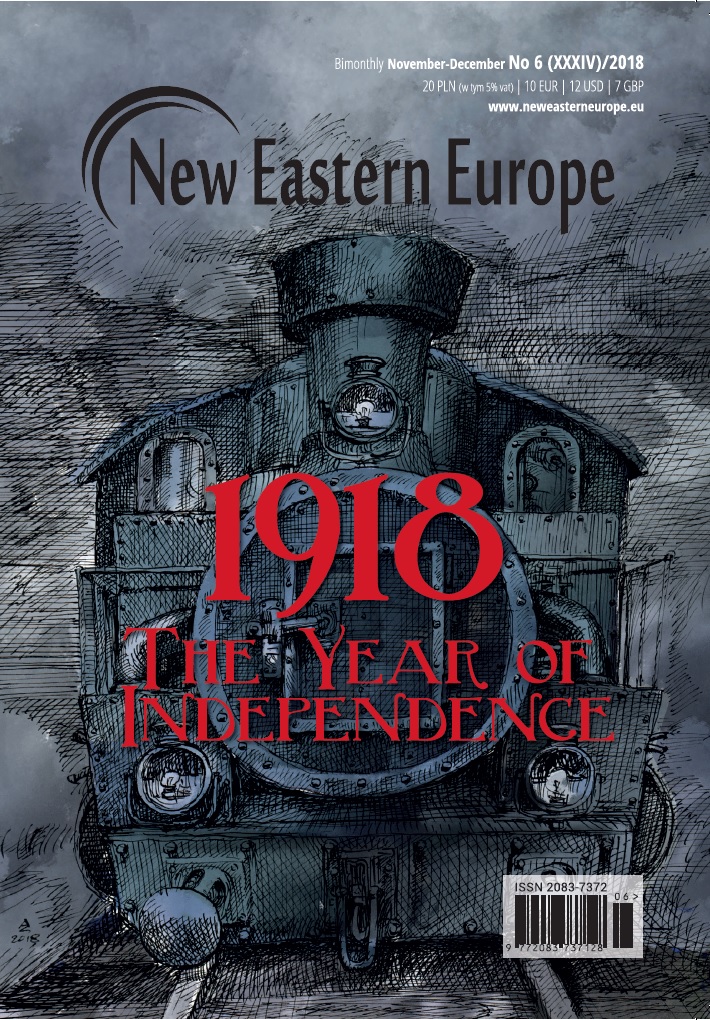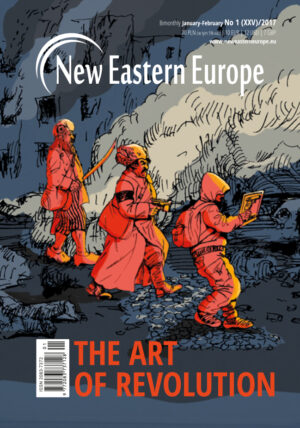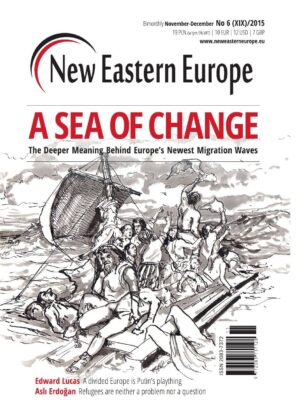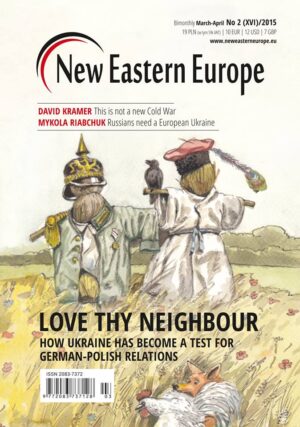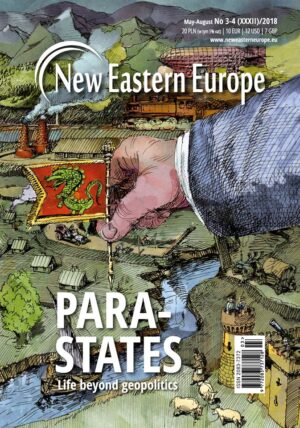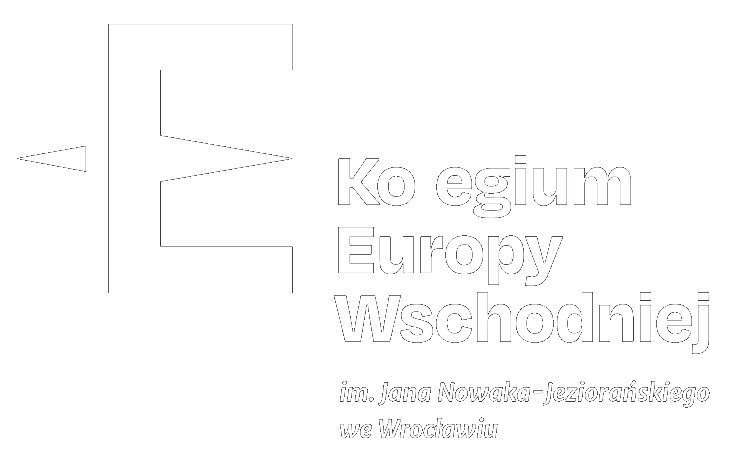Description
Issue 6 2018: 1918 – The year of independence
Commemorating anniversaries is one of the key elements in collective memory and shaping national identities. This year’s events surrounding the centennial anniversaries of 1918 are no exception.
November 5, 2018 – New Eastern Europe – Issue 6 2018Magazine

>>> Click here to subscribe and get access to this issue plus all previous issues
>>> To purchase a single copy of the issue click here
In the West, the Armistice of Compiègne signed on November 11th 1918 marks the end of the bloody First World War – a war that saw the use of advanced technologies leading to a mass number of deaths on all sides.
 In the eastern parts of the European continent, that year is remembered not only as the end of the war, but also saw the emergence of newly-independent states and the rise of geopolitical struggles which are felt until this day. For Poland, it was the rebirth of the state – for the first time in over 100 years, Poland was found again on Europe’s maps. Other states in Central and Eastern Europe also took advantage of the chaotic times, declaring their own independence. Such was the case with Czechoslovakia, Estonia, Latvia, Lithuania, Belarus, Ukraine, Georgia, Armenia and Azerbaijan – all of which declared their independence, even before the end of the war.
In the eastern parts of the European continent, that year is remembered not only as the end of the war, but also saw the emergence of newly-independent states and the rise of geopolitical struggles which are felt until this day. For Poland, it was the rebirth of the state – for the first time in over 100 years, Poland was found again on Europe’s maps. Other states in Central and Eastern Europe also took advantage of the chaotic times, declaring their own independence. Such was the case with Czechoslovakia, Estonia, Latvia, Lithuania, Belarus, Ukraine, Georgia, Armenia and Azerbaijan – all of which declared their independence, even before the end of the war.
The independence for many of these nations, however, was short-lived as the Bolsheviks pushed their way into the remnants of the fallen Russian Empire. These are the stories our authors examine and we encourage you to join in their reflections as we seek the relevance of these lessons of 1918 for today.
Returning back to 2018, this issue also features analysis of the situation unfolding in Russia – socially, economically and politically. An essay on Georgia’s approach to its transformation by Bakar Berekashvili raises the uncomfortable question on the role that populist and illiberal forces may play in the coming years in that country. Meanwhile, Piotr Oleksy’s essay illustrates how Moldova has all but abandoned its pro-western path. The final section of this issue continues the debate on Belarus – started in the previous issue – with an evaluation of the situation from its closest neighbours and partners. It can be argued that one of the keys to unlocking this region’s impasse may indeed be found in Minsk.
TABLE OF CONTENTS
The decline of the West and the joy in the East. Interview with Andrzej Chwalba
More than independence. Poland and 1918 Adam Balcer
1918 – A geopolitical catastrophe for Ukraine Yaroslav Hrytsak
Identity building after the rupture. Post-war memorials in Central and Eastern Europe Arnold Bartetzky
The failure of mapmaking and territorialisation of statehood in Polesia and Belarus in 1918 Diana Siebert
Photo-report: The Road to independence. Eastern Europe at the end of the First World War
What does independence mean in the Baltics? Koen Verhelst
Selective memory in the South Caucasus Jan Brodowski
OPINION & ANALYSIS
Is the blockchain revolution starting in Russia? Agnieszka Pikulicka-Wilczewska
Russia’s economic policy in Putin’s fourth term Alex Nice
Russia’s denial syndrome Olga Irisova
Georgia’s liberal transformation. An ongoing adventure Bakar Berekashvili
Old Moldova in new Europe Piotr Oleksy
INTERVIEWS
Poetry, music, politics A conversation with Tomasz Sikora
STORIES AND IDEAS
NGOs in Hungary learn to adapt under pressure Balint Josa and Anna Fedas
Polish Muslims, Polish Fears. A reflection on politics and the fear of the Other Maxim Edwards
HISTORY & MEMORY
Nord Stream. The narrative of a new Molotov–Ribbentrop pact? Francis Masson
EASTERN CAFÉ
Postcolonialism in the Soviet Bloc Tomasz Kamusella
A fresh look at political culture in Russia and Ukraine Margaryta Khvostova
Countering the realists on Russia and Ukraine Daniel R. Jarosak
Past Continuous. Is Bandera replacing Lenin? Marek Wojnar
A miracle from the inside Maciej Robert
BELARUS IN THE EYES OF ITS NEIGHBOURS
Belarus in a post-Crimean deadlock Igor Gretskiy
Pragmatic co-operation amid eroding security Maksym Khylko
Past as weakness or strength? The shared history, strained present and uncertain future of Belarus and Lithuania Dovilė Šukytė
Behind the thaw Michał Potocki
Germany is wrong in bolstering the status quo in Belarus Joerg Forbrig



